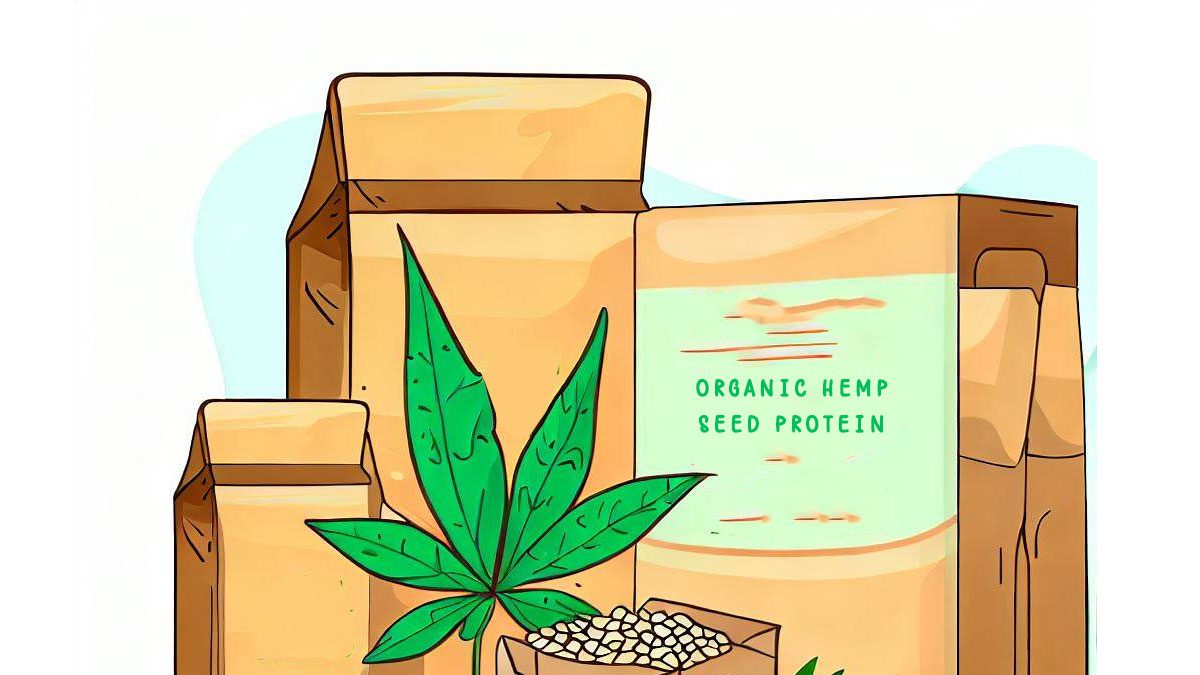Table of Contents
Inulin is a kind of soluble fiber that comes from the fructan group. It is a prebiotic, which means that it nourishes the good bacteria in the gut. Inulin has many health benefits, such as improving digestive health, helping manage diabetes, and supporting weight loss. In this article, we will look at some of the natural and organic sources of inulin, and how they are different in their characteristics and effects.
Where to Find Inulin Naturally
Inulin is present in many plants, especially in their roots. Some of the most common sources of inulin are:
| Source | Inulin content (per 100 g) |
|---|---|
| Chicory root | 35.7–47.6 g |
| Jerusalem artichoke | 16–20 g |
| Garlic | 9–16 g |
| Asparagus | 2–3 g |
| Onion | 1.1–7.5 g |
| Wheat | 1–3.8 g |
| Barley | 0.5–1 g |
Other sources of inulin include bananas, leeks, artichokes, and dandelion root.
Organic Inulin Powder
Organic inulin powder is a processed form of inulin that is extracted from natural sources, usually chicory root or Jerusalem artichoke. Organic inulin powder is certified to be free of pesticides, herbicides, and other harmful chemicals. It can be added to various foods and drinks to increase their fiber and prebiotic content.
Some of the benefits of organic inulin powder are:
- It is vegan, gluten-free, and non-GMO
- It has a neutral taste and can be easily mixed with water or other liquids
- It can help regulate blood sugar levels and improve insulin sensitivity
- It can promote fullness and reduce hunger
- It can support bone health by increasing calcium absorption
- It can improve bowel function and ease constipation
How Different Sources of Inulin Compare
While all sources of inulin have similar effects on gut health and metabolism, they may differ in their chemical structure, molecular weight, and degree of polymerization (DP). These factors affect how well inulin is fermented by the gut bacteria and how fast it gets to the colon.
Chicory root inulin has a higher DP than Jerusalem artichoke inulin, meaning that it has more fructose units connected together. This makes it more resistant to fermentation and slower to get to the colon. Chicory root inulin may have more benefits for blood sugar control and weight management than Jerusalem artichoke inulin.
Jerusalem artichoke inulin has a lower DP than chicory root inulin, meaning that it has fewer fructose units connected together. This makes it more easily fermented by the gut bacteria and faster to get to the colon. Jerusalem artichoke inulin may have more benefits for gut health and immunity than chicory root inulin.
Summary
Inulin is a natural and organic source of prebiotic fiber that can benefit various aspects of health. It can be found in many plant-based foods, especially in their roots. It can also be extracted and processed into organic inulin powder that can be added to various foods and drinks. Different sources of inulin may have different properties and effects depending on their chemical structure and degree of polymerization.

